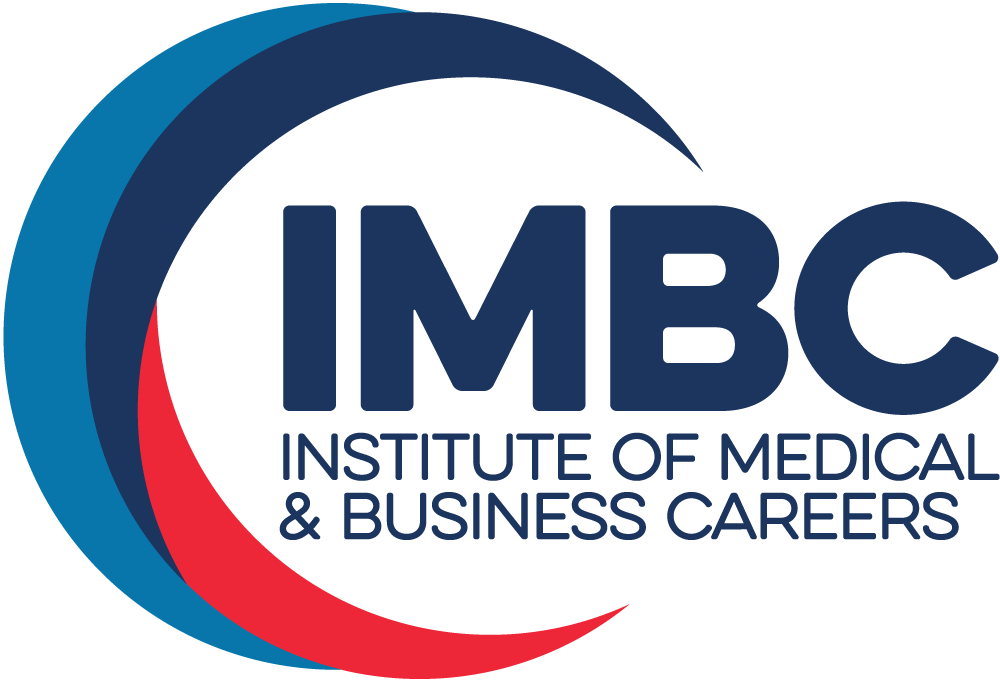Exams. Many students dread the word, as it means long hours of studying are ahead. However, that does not have to be the case. By making an effort to improve your study sessions, you can reduce the amount of time spent studying. In the top study tips below, you’ll learn how to gain the same benefits of a longer study session in much less time. Not to mention, your studying habits will become even more effective.

The following study tips will teach you everything you need to know about how to get the most out of your next study session. Let’s dive in.
- If You Don’t Know It By Midnight…
Many students feel they must put in an “all-nighter” study session the day before an exam because they believe they left too much material to the very last minute. While that might be the case, an all-nighter will actually cause more harm than good. Here’s why:
Unfortunately, studying well into the wee hours of the night is not effective. Not only will you lack focus, but your brain will not be able to soak up the information you are trying to learn effectively, all due to lack of sleep. Memories (especially long-term memories) are formed when we sleep. Our bodies also need ample amounts of rest to ensure peak performance. Depriving your body of sleep means you’re likely setting yourself up for failure.
So, follow the golden rule of studying: “If you do not know it by midnight the night before, then you will not know it for the test — and that is okay.” Get a good night’s sleep and create a consistent study schedule the week before an exam to avoid all-nighters.
So, do what you can to focus on a particular area, chapter, or concept and then give it a rest. Learn from this mistake so that ahead of your next exam, you spend a little bit of time each day, well ahead of time, studying and committing the knowledge to memory. Unless the exam is a surprise or pop quiz, you likely know the date ahead of time. So pace yourself and do a little a day.
- Don’t Study on an Empty Stomach
Hunger can be distracting, from the low rumbles of an unfilled stomach to the persistent pang that grows stronger with every passing hour. Discomfort aside, hunger can be a study challenge that most students do not anticipate.
Students often look to quick snacks when trying to cram. Unfortunately, many of the quick snacks are those that are unhealthy and can negatively impact cognitive function.
Whenever you plan on studying for long periods, be sure to have a nutritious, filling meal beforehand. Set aside a few healthy snacks to conveniently grab throughout your study session to avoid snacking that is harmful to your brain and your waistline.
Snacks high in protein and low in sugar are the best for study sessions and exams. Avoid heavy caffeine as that can increase your heart rate and cause additional stress.
- Form a Study Group
Even if you are one of those people who work better alone, studying within a group of classmates can be very valuable. This is because, within a group, you increase your pool of knowledge on the subject exponentially.
You can test one another and clear up confusion on course subjects. Moreover, you can share and study one another’s notes. If you do not want to meet up to study, connect with a tutor through student services at your school, if available, to help you get the most out of your study session, and clarify any concepts that are causing you stress.
- Don’t Forget to Take Study Breaks
Taking breaks while you study is a great way to keep your mind sharp and avoid the restlessness of sitting and focusing for long periods. You can use this time to use the restroom, grab a healthy snack, or listen to your favorite song. Try to get up and move around during these breaks. The activity can reduce stiffness and increase your energy.
- Leave Your Phone in the Other Room
Avoiding social media and entertainment websites while studying is essential. These sites and platforms are engineered to keep people’s minds trapped with bright colors, fun videos, recommendations, constant notifications, and updates. Avoid the distraction altogether, and allow your mind to focus on the activity at hand — studying.
The first few times you do this, you may experience phone withdrawal where you are stressed that you cannot check your phone. If you experience this anxiety or FOMO (fear of missing out), it is confirmation that you are dependent on your phone for instant gratification. Over time, you should be able to wean yourself off the phone and not have it be a worry point during your study sessions. This will also be good practice for an exam where you cannot have your phone either.
Keep your phone in another room. For hardcore study sessions, install a content blocker on your desktop or laptop, as well. You can block access to whatever sites cause you the most distraction.

- Choose the Right Location
The best location for an effective study session depends entirely on your preferences. Some people are comfortable studying in bed, at a coffee shop, or in the library. These are vastly different locations, so be honest with yourself about which option is best for you.
Would a library be disturbingly quiet? Would you be tempted to take a quick nap in bed? Would a coffee shop with people coming and going be too distracting for you?
Keep track of your most effective study sessions and mimic the setting each time, but do not be afraid to switch it up if you get too bored.
Our recommendation is to replicate your exam environment by sitting at a desk, without your phone, and without distractions.
- Stay Hydrated
Hydration is essential. ‘Nuf said.
On a more serious note, dehydration can cause headaches and lethargy. Both of which you do not want to deal with when you are in the middle of a three-hour study session. So, be sure to pack a water bottle alongside your textbooks for your next study session.
Avoid sugary drinks, including those with artificial sweeteners such as diet sodas. Diet sodas have been scientifically proven to be as harmful as regular sodas. Stick to coffee and unsweetened tea if you need a little caffeine, or water (fizz or flat is fine).
- Create a Strategy
Do not make the mistake of going into your study session with vague plans of what you intend to accomplish. Create a detailed plan with measurable outcomes. Instead of vague goals like, “Study the Civil War.” Try more measurable goals such as, “Be able to describe the cause of, duration, and outcome of the Civil War.” That way, you can test yourself by typing up a quick paragraph and also recognize any gaps in your knowledge to tackle the next day.
- Bring the Right Materials
Old exams, study guides, and flashcards are the holy grail of study materials. Quizlet is a great resource for studying. Search by topic and find pre-created flashcards written by students studying the same things as you. In some cases, you may be able to find cards created by students from your school who were studying the same content.
- Grab Some Courage
You can do this! Maybe studying for an exam is not your ideal way to spend the afternoon, so plan to reward yourself once you complete your goal. Plan your reward, and set your goals accordingly. Maybe you need a pep talk – that’s what friends are for. You know that studying will help you boost your grades. And good grades lead to good jobs – your ultimate reward.
Most of all, believe in yourself.
Key Takeaways
Studying for an exam can be a stressful experience, but it does not have to be. Ensuring that you are prepared for an exam means taking advantage of all the time you have before the test begins.
Schedule shorter manageable study sessions well before an exam to ensure that you are able to keep up with the subject material, get help from a tutor when necessary, and keep track of what you need refreshing on. Beyond that, follow the tips outlined above, and you will be in the best position to ace your next test.
